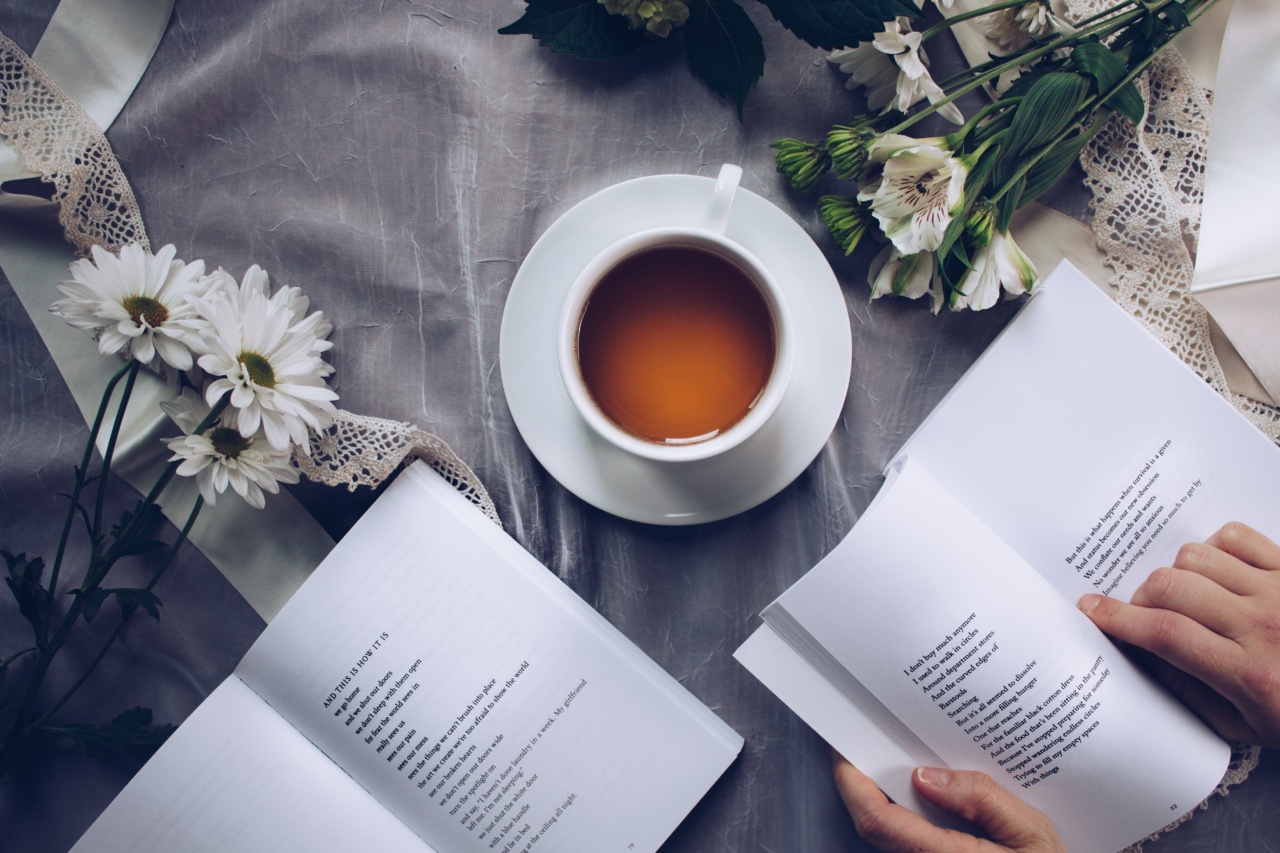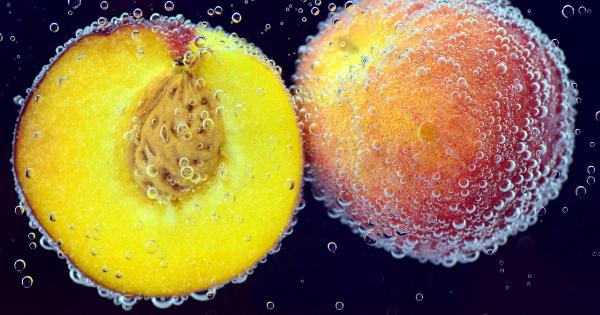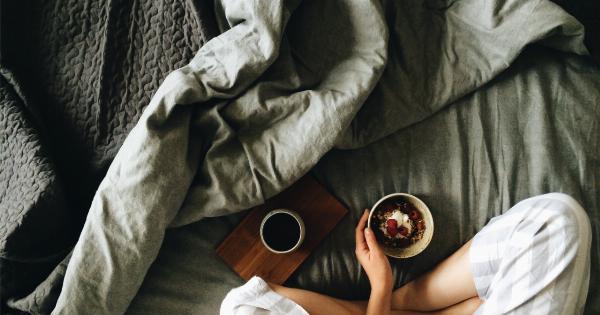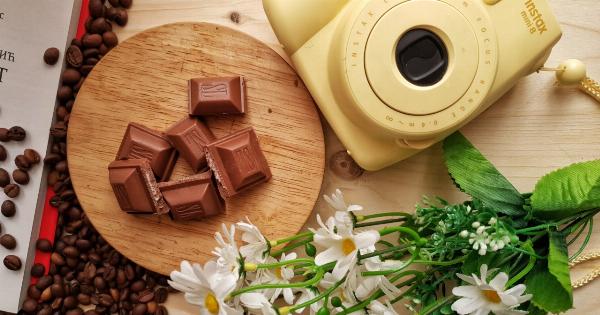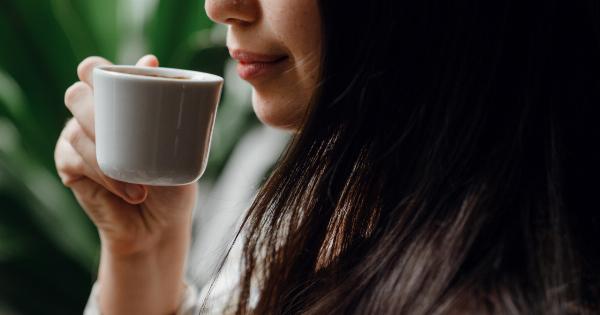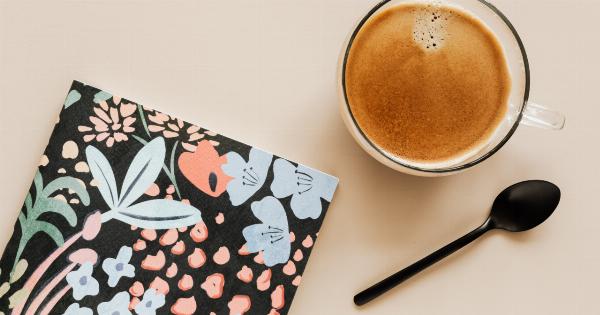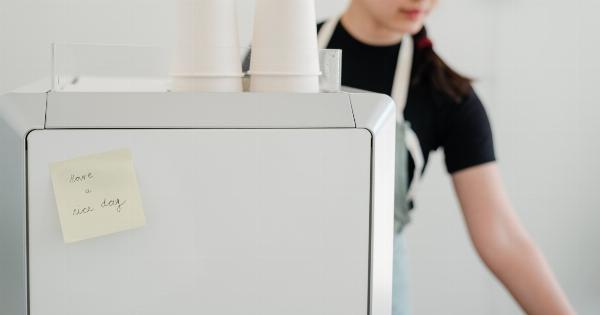For many people, caffeine is an essential part of their daily routine. It is a stimulant that helps to keep them awake and alert, and can be found in a variety of beverages such as coffee, tea, soda, and energy drinks.
When it comes to caffeine sources, coffee and tea are among the most popular. But which one is better? In this article, we’re going to take a closer look at the caffeine showdown between coffee and tea.
Coffee
Coffee is a beloved beverage that is enjoyed by millions of people around the world. It is made by brewing ground coffee beans in hot water, and can be served black or with cream and sugar.
On average, an 8-ounce cup of coffee contains about 95 milligrams of caffeine.
One of the benefits of coffee is that it can give you a quick boost of energy. It is also a great source of antioxidants, which can help to prevent cell damage and reduce the risk of diseases such as cancer and diabetes.
However, too much coffee can lead to jitters, anxiety, and insomnia.
Tea
Tea is another popular beverage that is enjoyed by people all over the world. It is made by steeping tea leaves in hot water, and can be served hot or cold. On average, an 8-ounce cup of tea contains about 47 milligrams of caffeine.
One of the benefits of tea is that it is a great source of antioxidants, which can help to reduce the risk of heart disease, stroke, and certain types of cancer.
Tea also contains an amino acid called L-theanine, which can help to reduce stress and promote relaxation. However, tea is not as effective at giving you a quick boost of energy as coffee.
Caffeine Content
When it comes to caffeine content, coffee is the clear winner. On average, an 8-ounce cup of coffee contains almost double the amount of caffeine as an 8-ounce cup of tea. This means that if you need a quick energy boost, coffee is the way to go.
However, it is important to remember that caffeine affects everyone differently. Some people are more sensitive to caffeine than others, and too much caffeine can lead to negative side effects including anxiety, jitters, and insomnia.
If you are sensitive to caffeine, it may be better to stick with tea or choose a decaffeinated version of your favorite beverage.
Taste
When it comes to taste, coffee and tea are very different. Coffee has a rich, bold flavor that is often described as earthy or nutty. It can be served hot or cold, and can be customized with cream, sugar, or flavored syrups.
Tea, on the other hand, has a more subtle flavor that can be sweet, earthy, or floral depending on the type of tea. It is often served hot with a slice of lemon or a teaspoon of honey, but can also be enjoyed as a refreshing iced tea.
Ultimately, the choice between coffee and tea comes down to personal preference. Some people love the bold, rich flavor of coffee, while others prefer the subtle, complex flavors of tea.
No matter which one you choose, it is important to drink it in moderation and pay attention to how your body reacts to caffeine.
Conclusion
In the caffeine showdown between coffee and tea, coffee emerges as the clear winner in terms of caffeine content. However, tea has its own health benefits and can be a better choice for people who are sensitive to caffeine.
Ultimately, the choice between coffee and tea comes down to personal preference. So, go ahead and enjoy your favorite beverage in moderation!.
